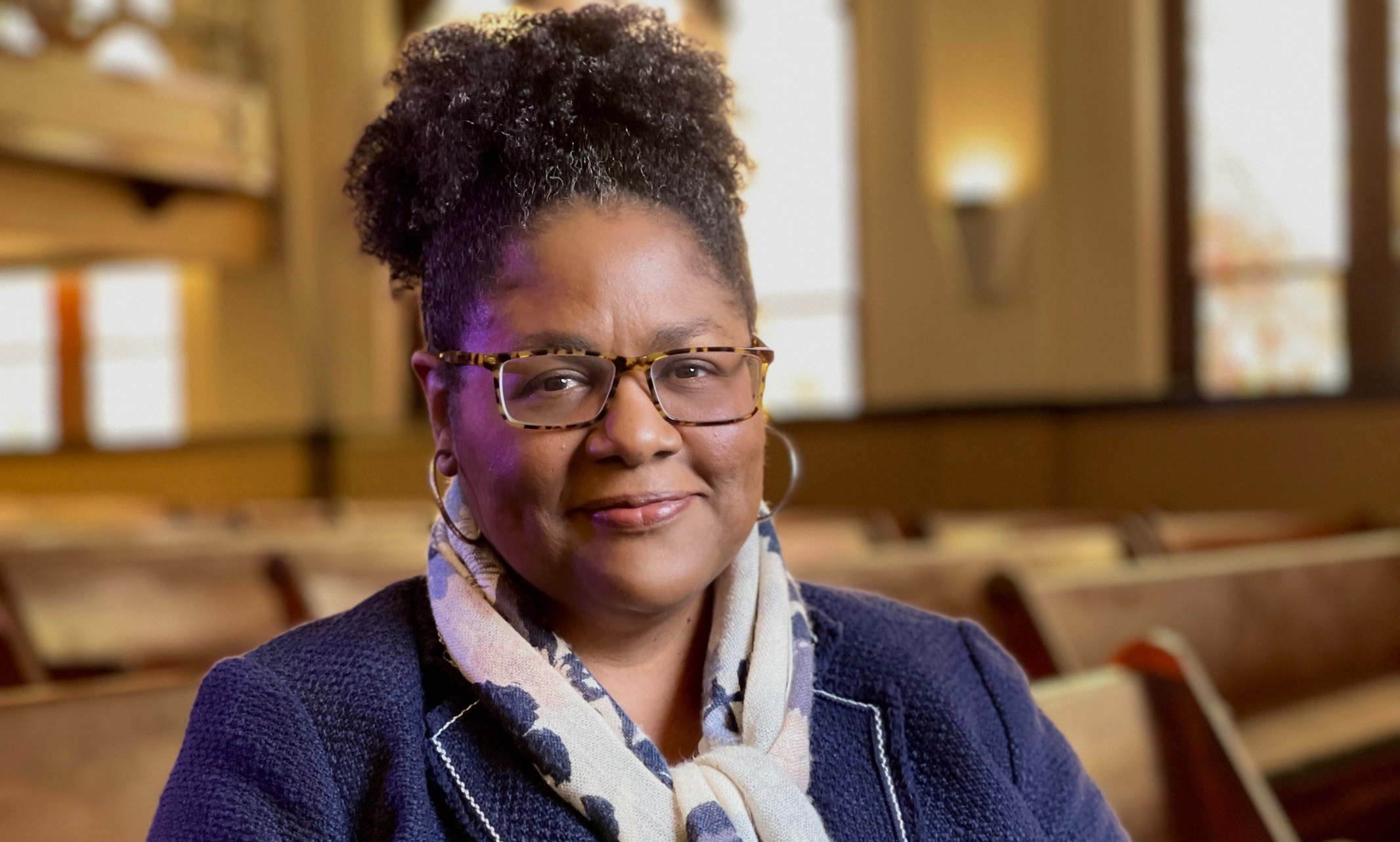Jannette Berkley-Patton, Ph.D., director of the UMKC Health Equity Institute and a professor in the Department of Biomedical and Health Informatics at the School of Medicine, has received a nearly $2.2 million, two-year grant from the National Institutes of Health for a project designed to increase testing and treatment for COVID-19 by partnering with African American churches and health agencies.
The effort is part of an NIH initiative called Rapid Acceleration of Diagnostics-Underserved Populations (RADx-Up); a consortium of community-engaged research projects designed to increase access to COVID testing in underserved communities.
The randomized trial will study the effectiveness of a religiously tailored intervention in motivating adult African American church and community members to be tested and to seek treatment for COVID-19.
Working with 12 community churches in the Kansas City area, the program will engage the help of pastors to promote testing and demonstrate to their congregations how testing works. Among other services, the churches will also offer rapid COVID testing and provide support and referrals to treatment to those who test positive.
“Our project will examine whether people really want to get tested and seek treatment if we use a religiously tailored approach,” Berkley-Patton said. “We will work collaboratively with our churches to encourage people to not only get the rapid COVID test, but to get treatment that could potentially help reduce their symptoms and likely keep them out of the hospital.
“We’re hoping this approach can be informative not only for this study but for other types of rapid diagnostics that can lead to treatment, especially if the referral is made quickly and support is provided.”
The new grant-funded study is a continuation of Berkley-Patton’s Faithful Response to COVID-19 project, a two-year, NIH-backed clinical trial that started in January 2021 to promote COVID-19 testing with the African American community with the support of churches and other faith-based and community organizations.
Those efforts were so successful in testing and raising awareness that the Jackson County Legislature awarded a $5 million grant to support Our Healthy Kansas City Eastside, another UMKC Health Equity Institute project that administered nearly 13,000 COVID vaccinations to members of Kansas City’s minority and underrepresented communities in just 18 months. The county recently extended that program as well with the support of an additional $5 million grant.
“In the early days of the pandemic, COVID testing was not available to everyone. Access to testing was particularly limited in underserved communities, which led to the NIH initiative RADxUP,” Berkley-Patton said. “In the initial project, we are demonstrating that people will take the test at a church site – and even more so when the efforts are religiously and culturally tailored.”
The new study will examine the beliefs and practices of those in underserved communities toward rapid COVID-19 self-testing. Researchers also will study the effectiveness of contact tracing as well as care services such as referrals to treatment, health insurance and community resources.
“With this model, many of our Faithful Response materials are packaged in an easy-to-use toolkit that our community partners helped to create, and can be disseminated in print or electronic formats,” Berkley-Patton said. “We’re hoping the toolkit can be widely disseminated across the country if we can show that the first Faithful Response project was effective and double that up with efficacy of the second project.”

